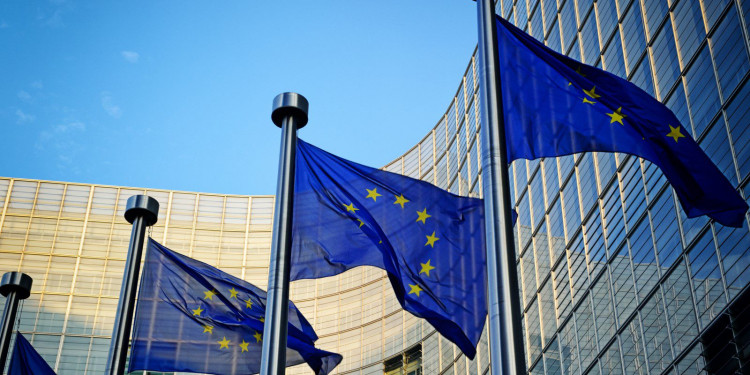
10 EU countries warn against watering down “Fit for 55” climate package ambitions after EU lawmakers failed to adopt three key climate laws last week
June 15, 2022
A group of 10 EU member states have written a letter to the European Commission over the future of the bloc’s “Fit for 55” climate package, warning of the consequences of diluting its ambitions.
In the letter, ministers of the 10 EU countries explain that they are looking “with rising concern at the different calls to water down ambition across the files in the package — and the direction of travel of negotiations in this regard — in both the Council and in the European Parliament.”
As a result, the EU risks “missing the mark by 2030 and setting us on an impossible trajectory thereafter,” warn the ministers.
The EU’s “Fit for 55” package is a set of proposals to bring EU legislation in line with the new goal of reducing net greenhouse gas emissions by at least 55% by 2030 – a substantial increase compared to the previous target of cutting emissions by at least 40% by 3030.
The proposal, however, suffered a serious setback last week after three key parts of the legislation failed to pass the European Parliament (reforming the EU’s carbon market known as the Emissions Trading System (ETS), the introduction of a carbon border tax and the establishment of a Social Climate Fund). This failure has resulted in increased calls to water down some of the proposal’s goals in order to increase the chances of the plan being adopted at the next vote.
The timing of the letter, several days before this next, key vote in the European Parliament, comes as the continent is caught in an unprecedented energy crisis, made worse by Russia’s invasion of Ukraine. The situation triggered concerns that some European governments may now want to slow the energy transition.
“We therefore urge all EU decision makers not to let the sense of urgency or the current situation overshadow our climate commitments […] An ambitious agreement is key to making the EU fit for energy independence of Russian fossil fuels and the only way we can address the climate crisis and ensure a clean, reliable and cheap independent EU energy supply for the future,”
ministers from the countries said in a joint statement.
The letter, signed by Austria, Denmark, Germany, Luxembourg, Ireland, Sweden, Slovenia, the Netherlands, Finland and Spain, also warns that EU nations may use Russia’s invasion of Ukraine as an excuse to delay the bloc’s renewable energy targets.
“Let’s fight the temptation to let short-term motives stand in our way of taking the right long-term decisions” the nations said.
At the same time, several central and eastern European countries have criticised the “Fit for 55” package on different grounds, arguing that the bloc’s goals of becoming a leader in climate change solutions could severely affect their citizens.
In January, Poland aimed to build a coalition of countries within the EU that object to the “Fit for 55” climate package. “We will do everything we can to prevent the “Fit for 55” package from entering into force,” said the Deputy Prime Minister Jacek Sasin.
In his view, the “top of the class” countries should reduce emissions in such a way that the European Union achieves its climate goal. “Let Germany reduce (its emissions) to zero in 2030,” he said.
EU governments will be meeting in the coming days for negotiations on the draft climate plan. The European Parliament is set to vote on its position on the package at a plenary session starting June 22 in Brussels, and member states in the EU Council will attempt to come to an agreement at gatherings in Luxembourg on June 27-28. Then, the two institutions, together with the European Commission, will start negotiations about the final shape of the measures.
Subscribe to our newsletter.
In sum, as the letter stresses, the decisions taken this June will have massive consequences for the EU and will determine whether the bloc is on the right trajectory to meet its climate goals.
This article was originally published on IMPAKTER. Read the original article.



